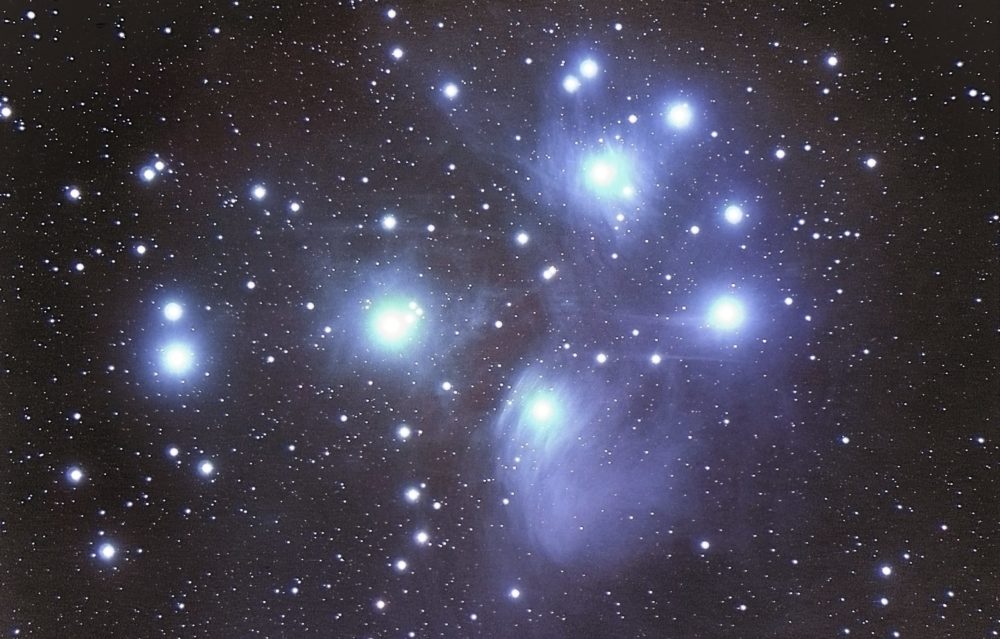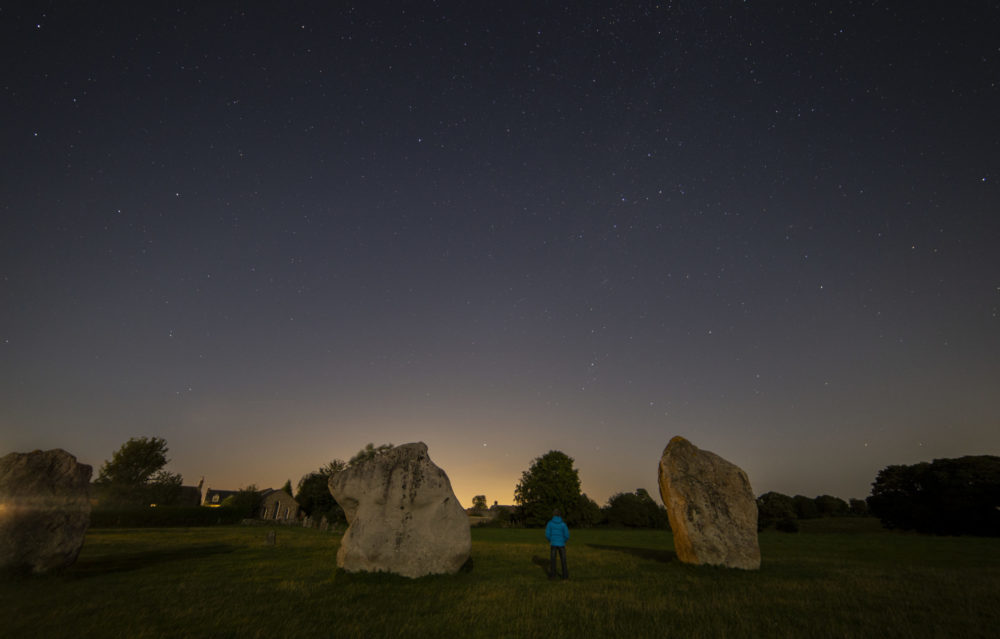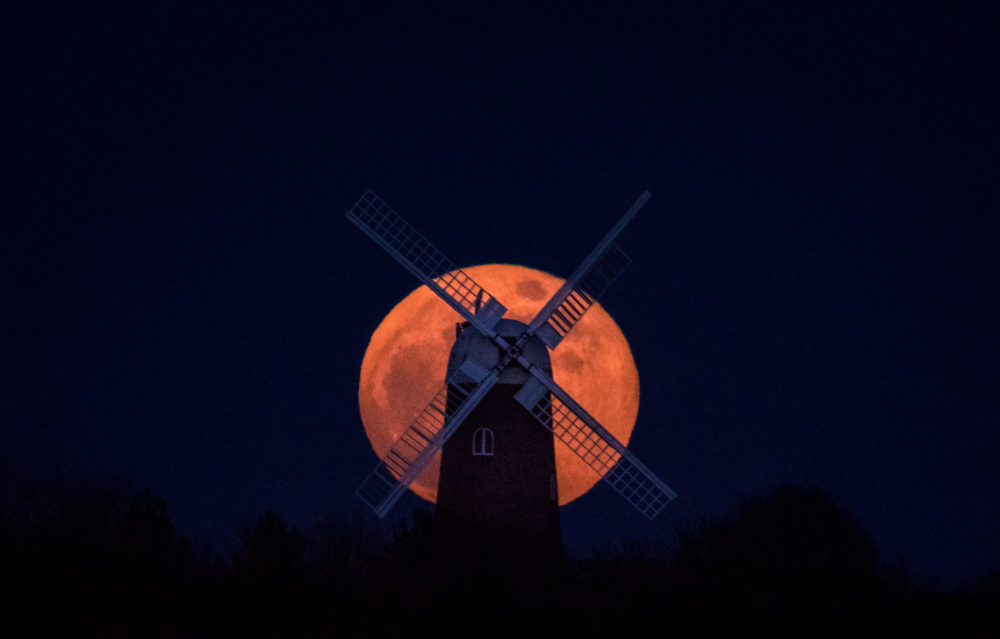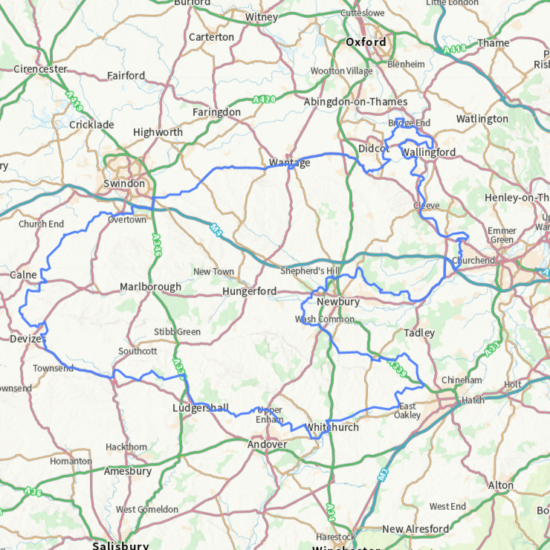Go out into the North Wessex Downs on a clear night to see the stars for a truly magical experience. And stargazing is easy – read on for our advice on how to get started, what to see and where to go…
Quick Tips:
- Wear warm clothes – it gets very cold standing or sitting still
- Snacks – take some food and a hot flask
- Seating – take a chair to be comfortable, or a blanket to sit on
- Stay safe – don’t go alone, always tell someone where you are going, take a fully charged mobile phone and do not leave valuables in your car
- Take a torch – with red film across the lens or use a red bike light
- Take binoculars (if you have them) – they will show 25 to 50 times more than the naked eye.
- Mobile phone app – there are plenty of great astronomy apps available to help you learn about the night sky.
- Check the phase of the moon to plan your trip. The best time is the days before, during and soon after each new moon. Of course, a cloudless sky is best. This Time and Date website is a good place to look.
- And take time to adjust – take about 20 minutes for your eyes to get used to the dark

What to see
Start by picking out something that you know, such as the Plough, and use that to find other constellations and stars.
If mobile phone apps are not your thing, a planisphere (available in bookshops and via online retailers) is a simple tool to help you do this and work out what is in the sky that night.
The Moon is incredible to look at but avoid times when it is at its fullest; the brightness will reduce the amount you can see and looking at a bright full moon without a filter is harmful to your eyes.

Where to go Stargazing
Download our Dark Skies leaflet for a map of suggested sites in the North Wessex Downs. Or use the map below to find locations. Occasional stargazing events take place at the National Trust White Horse Hill, Uffington and National Trust Avebury near Marlborough.
Help to keep our skies dark
We can all help to minimise light pollution and protect our dark skies. Find out what we’re doing and how you can help going to Our Work – Dark Skies.
Are you installing external lighting? Use our Guide to Good External Lighting to minimise light pollution and preserve beautiful dark skies.

Meet new friends!
Astronomical groups are a great source of advice on stargazing and equipment. They are keen to welcome new people and some hold events especially for those getting started.
- Wiltshire Astronomical Society
- Newbury Astronomical Society
- Swindon Stargazers
- Bath Astronomers
- Reading Astronomical Society
- Basingstoke Astronomical Society
- Friends of the Marlborough telescope
- Inkpen Stargazers
For a bit of fun, go on a Cosmic Adventure with astronomer Gavin James from his back garden out to the far reaches of the universe with this 10-minute video: Cosmic Adventure
Search stargazing spots in the North Wessex Downs Area of Outstanding Natural Beauty


